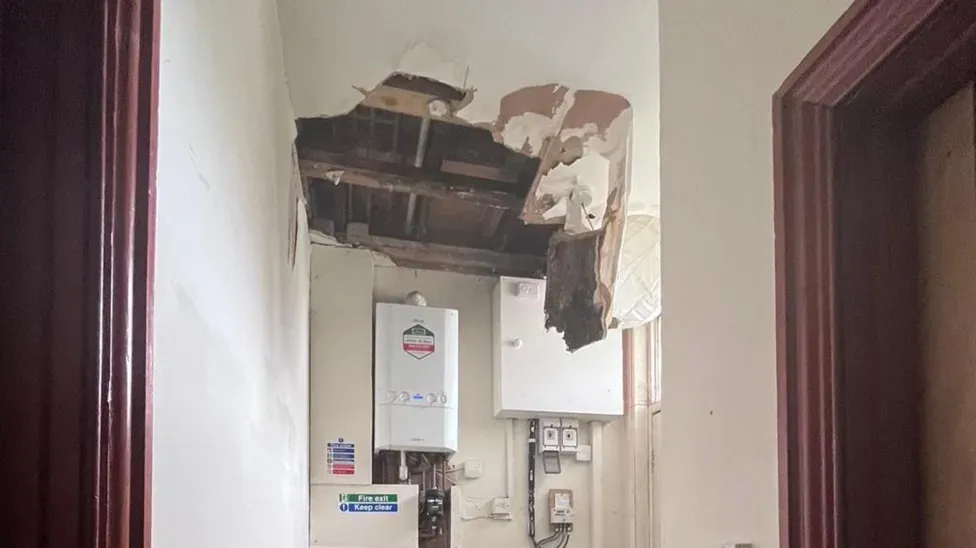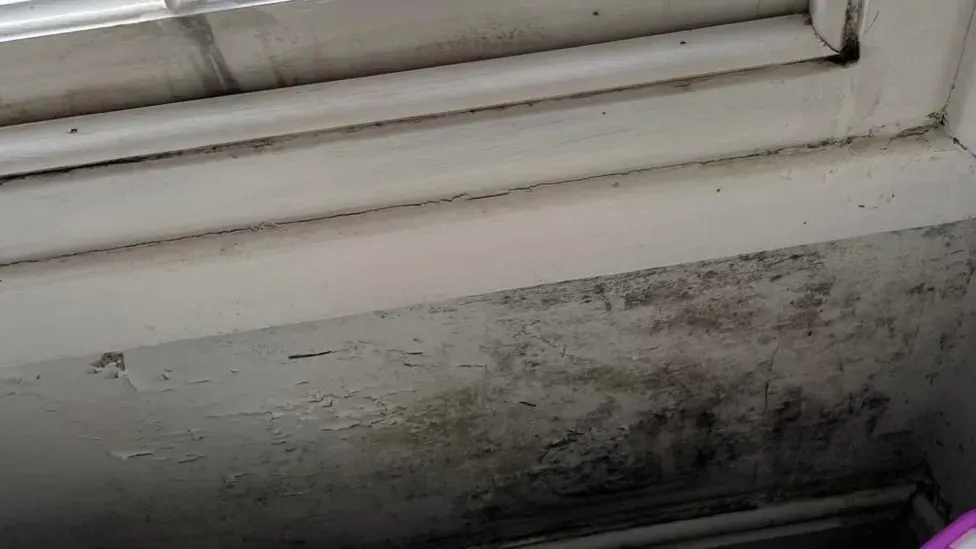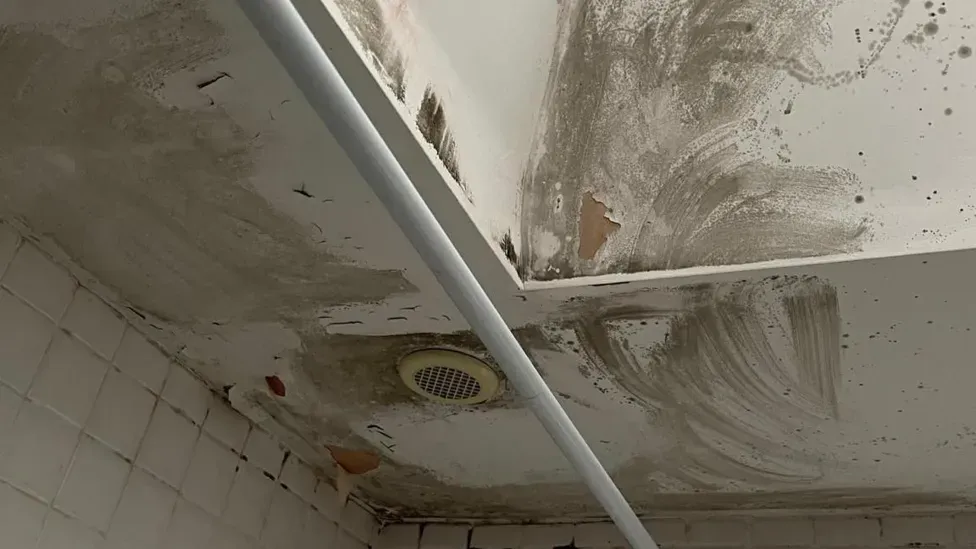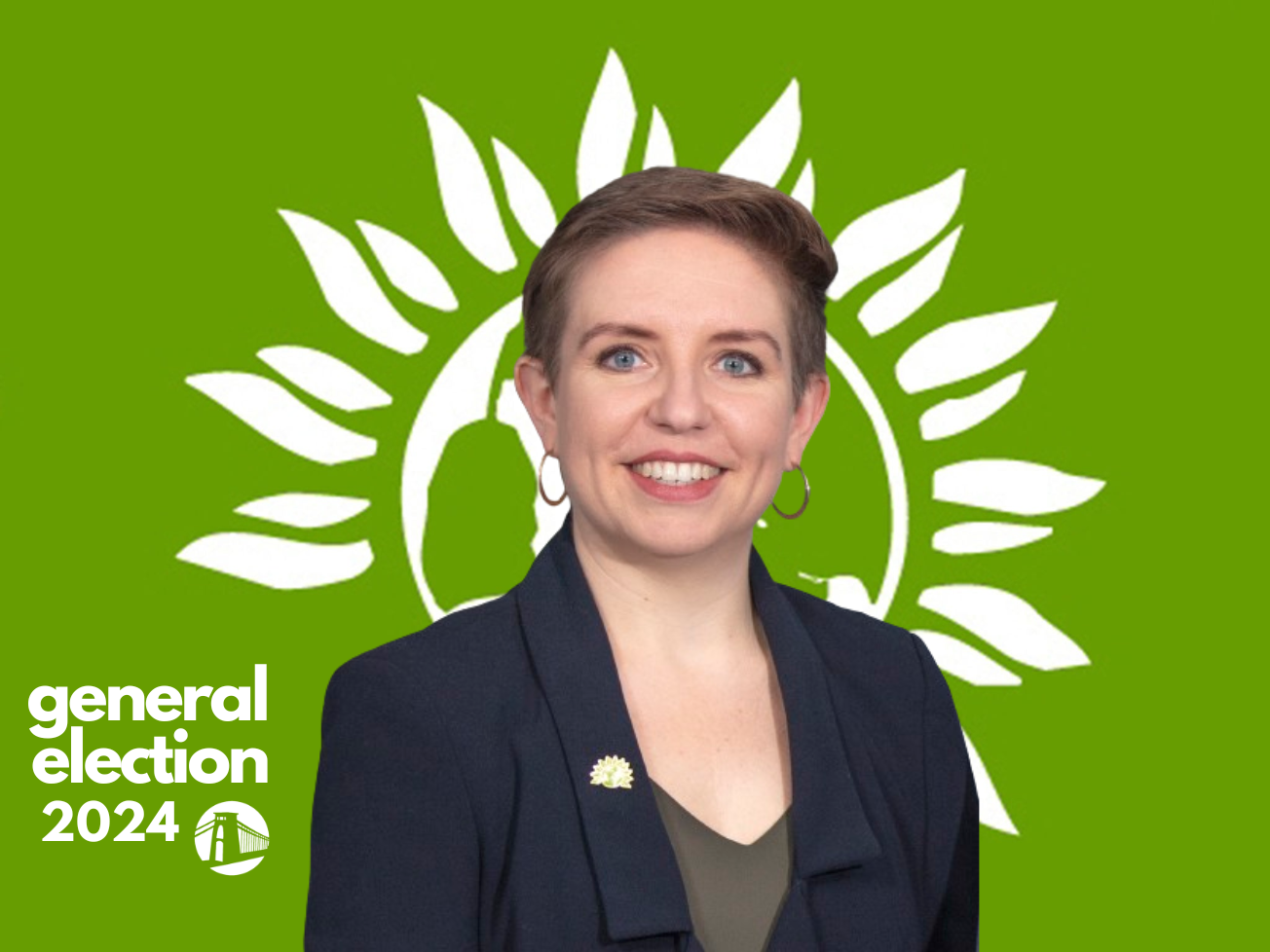By Cara Hene, Digital Music Editor
Beginning on January 29, the Bristol SU’s Housing Report 2024 surveyed 570 responses from current students to find out about the state of student housing in the most expensive rental city outside of London.
83 per cent of students said that their housing conditions were impacting them. Students spoke about exploitative landlords, broken appliances and ‘extremely dangerous’ mould – this all contributed to housing conditions which were concluded to be ‘detrimental to students’ wellbeing’.
Despite ‘appalling’ conditions, rental prices were found to have risen, forcing students into long working weeks to cover the costs.

It was found that only 3 per cent of students paid £500 a month without bills and that the most common monthly rent was between £601 and £700, without bills. In 2014/2015, the average comparable housing price was £396 - that’s a 64 per cent rise.
One respondent claimed that their ‘rent was raised from £600 to £1000 per month’ and another that costs meant them ‘working 20 hours a week last year (night shifts)’.
This comes at a time when student loans are being changed, making them less favourable to students: students whose degree began after 2022 will pay their loan back for 10 years longer and a face a lowered repayment threshold (from £27,295 to £25,000) than post-2012 students.
Landlords were rated the worst out of other actors influencing housing, such as high street agencies and the SU Housing service, with 20 per cent of students having had a ‘very negative’ experience with them.
High street agencies didn’t fall far behind, rated 2.9 out of 5. The most common of these among those surveyed were Digs (14 per cent) SU Lettings (12 per cent) and Flatline (8 per cent).
To deal with these issues, one recommendation the report put forward was the creation of housing advisors and housing workshops to helps students navigate the rental process and deal with difficult landlords.
Another key finding was the struggle that international (including EU) students face with finding a guarantor, compared to home students. The latter students ranked their ease of doing so at 4.05, while international students responded with 2.09. A guarantor needs to live in the UK, have a good credit history and enough money to pay for the tenant’s rent - international students are far less likely to know a UK resident who fits these criteria.
It was noted that while some universities in the UK act as a guarantor on behalf of students, the University of Bristol does not. The report fell short of explicitly recommending this course of action but said ‘conversations are already happening at the University and the SU to determine whether this is a scheme that needs to be implemented.’

Those from a low socio-economic background also struggled with guarantors, ranking the process 2.99 out of 5. One student lamented the ‘classist’ nature of the system. They said: ‘The Landlords are terrible and also the process of securing a rented house is very classist and inaccessible.
'If you do not have a guarantor you cannot rent the house. Those from less privileged backgrounds will not have the same opportunity and access to high incomes. Class divides at Uni are very apparent when talking about renting.’
The report was commissioned by Izzy Russell, Bristol SU’s Student Living Officer, as part of their ‘My Rent, My Rights’ Campaign. Commenting on the report, they said: ‘The University plays a role in the current bed shortage crisis, by continuing to expand student numbers without increasing support. Students fall vulnerable to exploitative landlords and their wellbeing and academic life are detrimentally impacted as a result.
‘The national government also hold responsibility – student loans should be raised to reflect rising rent and rent caps should be implemented. As seen in the recent Renters Reform Bill, little has been done to support students, and we are in crisis.’
Regarding these findings, a University of Bristol spokesperson said: ‘Bristol is a popular city for students and non-students alike, so demand for private rental properties is increasing.
‘We have been working closely with Bristol City Council to implement a plan of new purpose-built student housing. This will increase supply in parts of the city where student housing investment is beneficial to the local community and relieve pressure on other parts of the housing market. For example, we have new developments planned with partners in the Temple Quarter and Bedminster Down.
‘Our students can get support from our Student Accommodation Team and we offer a range of financial support packages, bursaries and scholarships.
‘We have increased our hardship funding and students with money worries can talk to our trained Money Advisers during daily drop-in sessions. There is a range of useful information on the ‘money advice’ pages of our website.
‘We are also working closely with Bristol SU on what further support we can provide for students in private accommodation, particularly those having difficulties.’
Featured image: Bristol SU
How would you rate your housing situation in Bristol?







